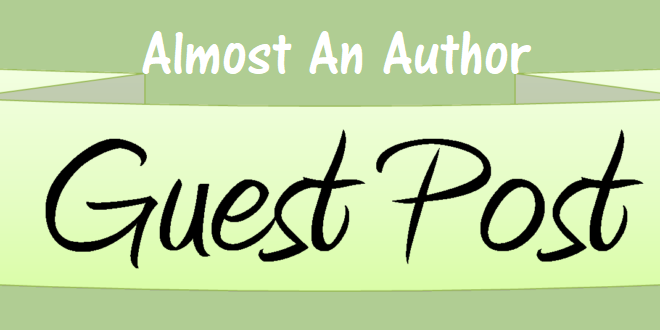
Three Hard Lessons I Learned Writing Nonfiction-David Brannock
Which is easier: fiction or nonfiction? It depends … on who you ask and when you ask them. Today…
June 10, 2017
Which is easier: fiction or nonfiction? It depends … on who you ask and when you ask them. Today…
June 10, 2017Please tell us about your most Recent Book STEALING LIBERTY is my young adult dystopian novel, which will be…
June 7, 2017
The beloved “sidekick.” Han had Chewy. Frodo had Samwise. Harry had Ron and Hermione. Captain Kirk had Spock.…
June 6, 2017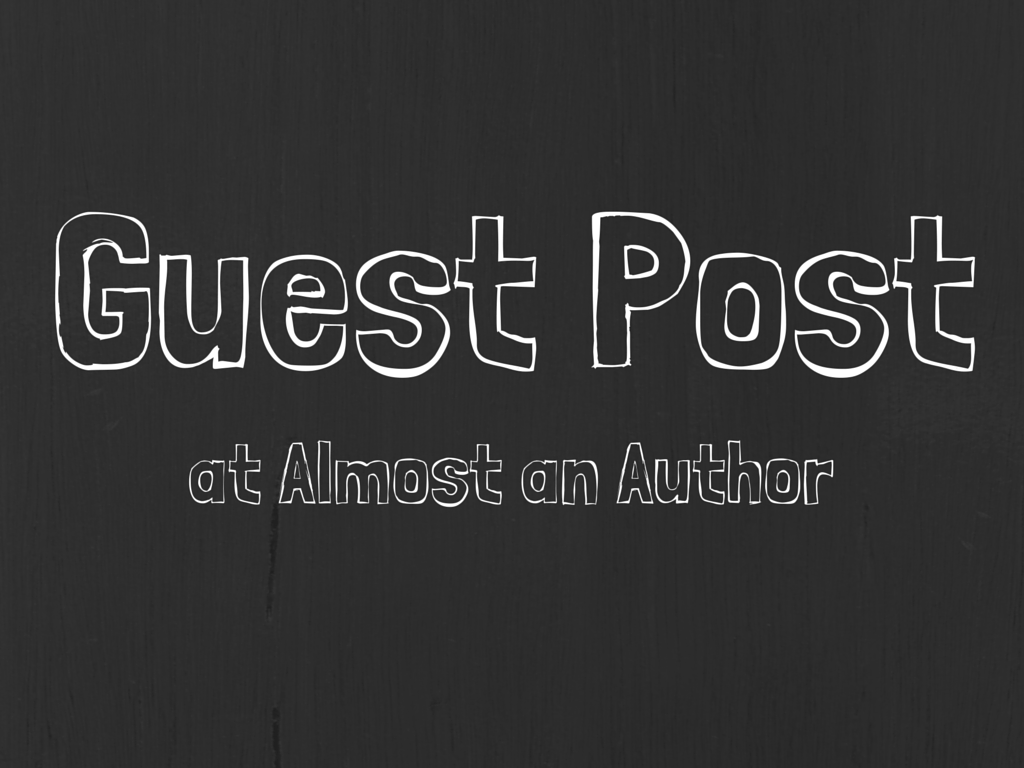
This post is no longer available. Here are some recent posts you might like instead:
June 4, 2017
We all make sacrifices every day. Every time you chose something, you sacrifice the other option. But some sacrifices…
June 3, 2017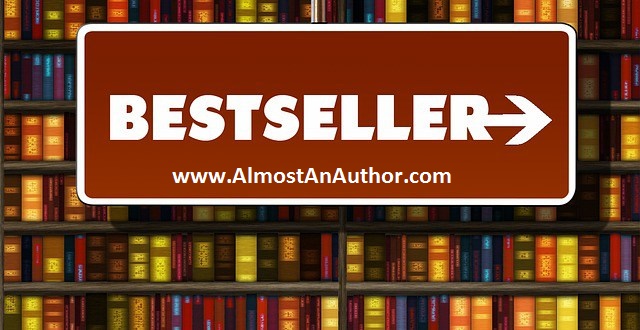
Can you share a little about your recent book – My last book is titled TREASURED GRACE and it’s…
June 1, 2017
PENCON is hosted by The Christian Pen https://thechristianpen.com/ It has taken a year, but the new release by your favorite…
May 31, 2017
In the trunk of my Honda, beneath a wool blanket, lies a red backpack filled to the brim…
May 30, 2017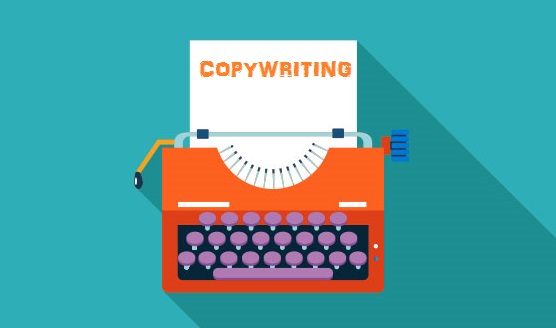
Have you heard the online buzz about copywriting? Make $100,000 a year writing! A laptop and an Internet…
May 29, 2017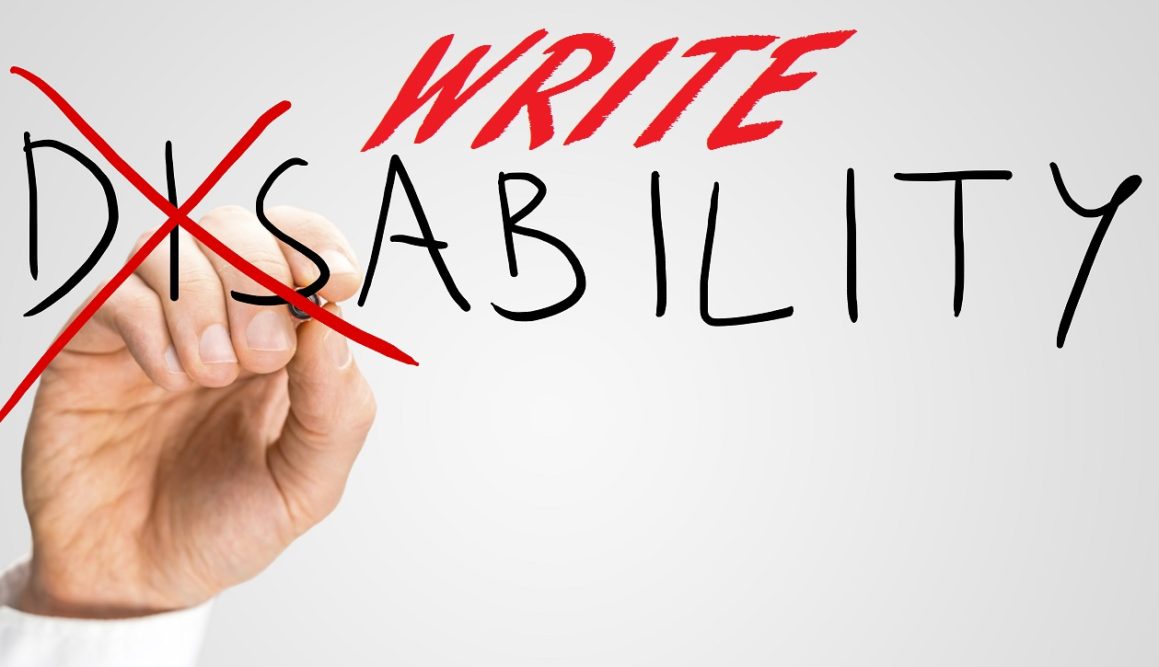
In the upcoming months, I want to show you how easy it is to include disability traits when…
May 25, 2017
As a child, I loved Peanut butter and Fluff sandwiches. That ooy gooy marshmallow paired well with the smooth…
May 24, 2017
Welcome Karen, please tell us about your most Recent Book I’m currently working on my first book project. Answered…
May 15, 2017
If you’ve never done an interview with someone else, the thought can be frightening. I want to take…
May 12, 2017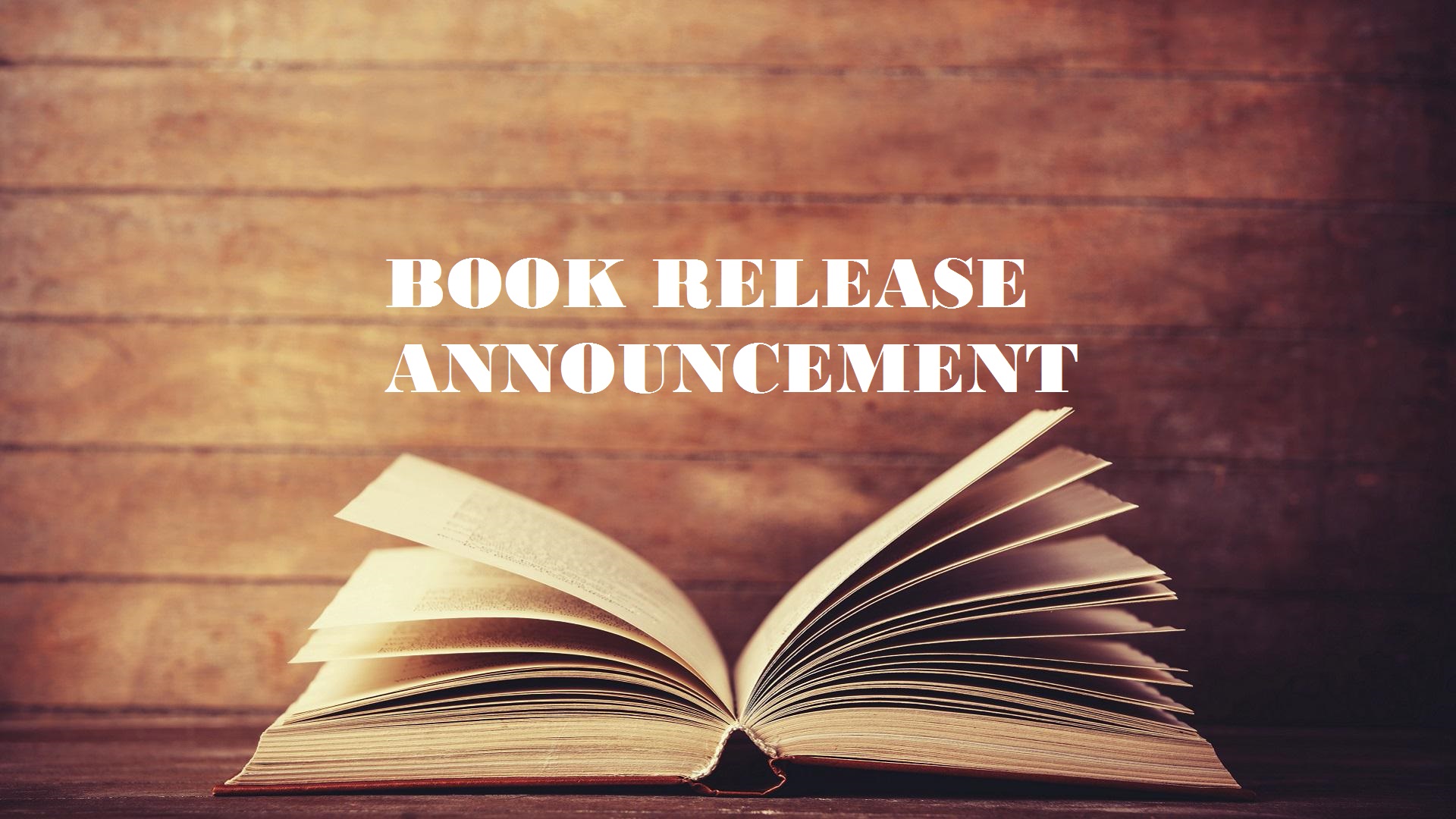
Breaking the Chains: A Guide to Freedom Are you dreaming of freedom? Even children of God battle bad habits…
May 7, 2017
“A rose by any other name would smell as sweet.” This famous line, taken from Shakespeare’s “Romeo and Juliet,”…
May 6, 2017
Welcome Tamara, can you share a little about your recent book – THE VEXING: Book Six (Age of…
May 1, 2017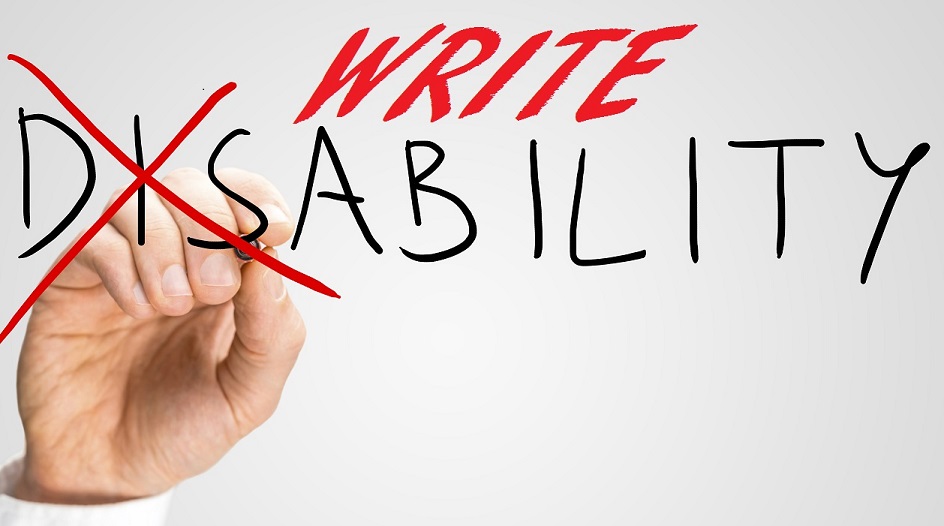
This month I’m featuring John Wiswell, a writer of science fiction, fantasy, and horror with a touch of humor…
April 29, 2017
Nothing freezes your brain faster than a series of meetings on the minutiae of government grant management. Trust me.…
April 25, 2017
Welcome Joyce, please tell us about your most Recent Book I had self-published my newest book, God and…
April 15, 2017
As a former magazine editor and someone who has written for many publications, I’ve got good news. Every magazine…
April 12, 2017
“Murder committed on a dark and stormy night.” “A grouchy widow lives alone in a broken down cottage.”…
April 6, 2017
“Pastor, I used to be religious. I’d pray and read my Bible, I don’t know what happened, I…
April 4, 2017
Every writer craves accolades from her readers and the industry. She wants exemplary recognition about her plot, voice,…
April 3, 2017
We welcome Cynthia Ruchti as our Best Selling Author Can you share…
April 1, 2017
Networking; what comes to mind when you hear that word? Are you groaning? Are you having a flashback…
March 31, 2017